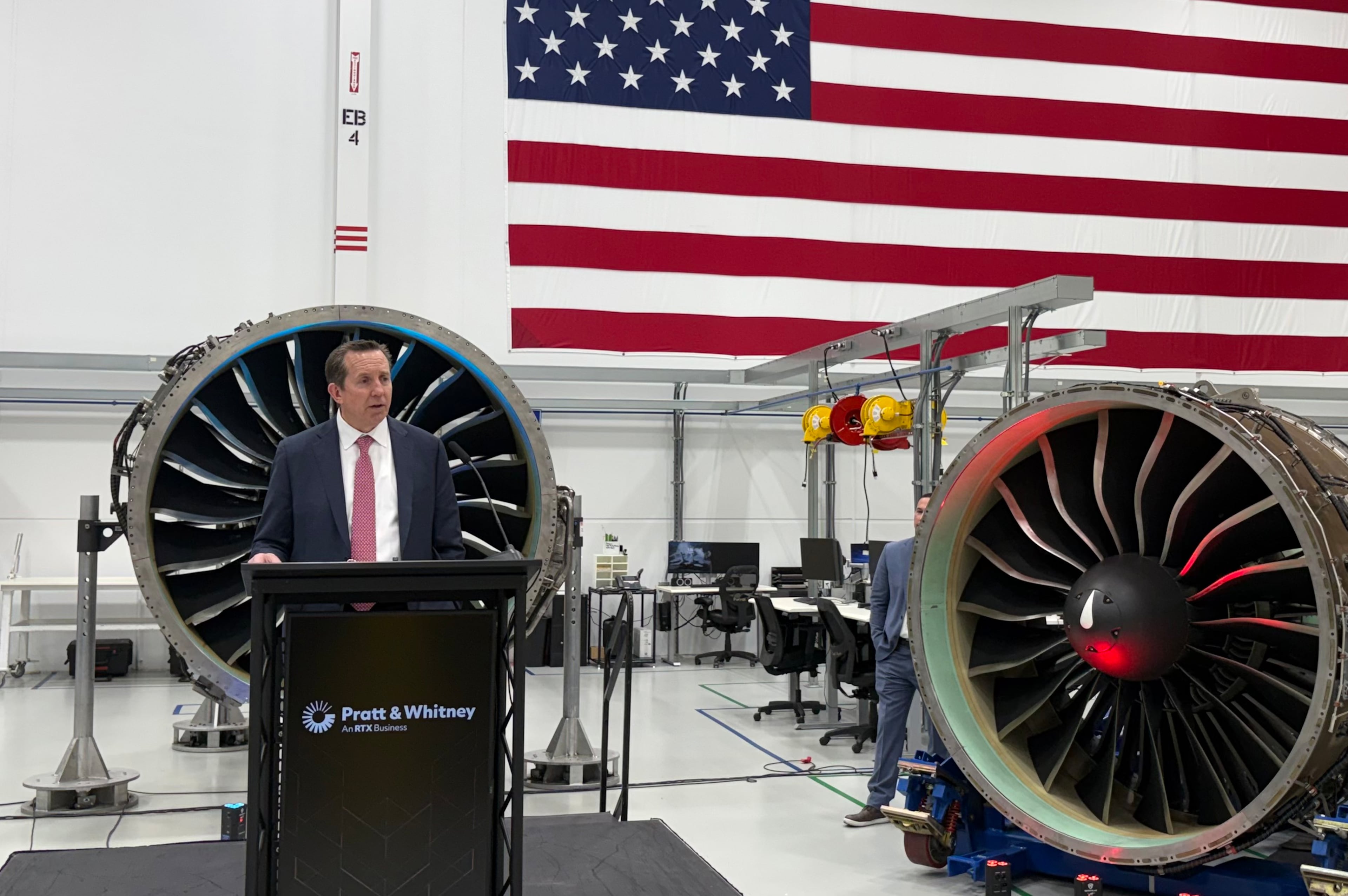Georgia companies redirect efforts to COVID-19 supply needs

Liang, CEO of Atlanta-based LGG Corp., isn’t making money from the masks. That’s not why he’s doing it.
“The whole thing for me is, if I can help you, let’s do it,” he said. “I’m not here to make a quick buck or make junk.”
LGG Corp. is one of 220 Georgia-based companies praised Monday by Gov. Brian Kemp for diverting part of their business operations to making or distributing personal protective equipment or health care supplies during the coronavirus pandemic.
The state Department of Economic Development, which asked companies to explain how they could help, then assisted with converting their businesses, did not have existing relationships with many of the companies, said Commissioner Pat Wilson. Business owners volunteered their services and did so without the state’s financial help.
“They made the decision themselves to give back,” he said. “These companies continue to sacrifice for the good of the community.”
Wilson's department advised companies on how to produce face shields, hospital beds and other gear and helped direct the supplies to needy organizations.It released a map and detailed roster of those companies on Monday.
The Department of Public Health and Georgia Emergency Management Agency are shepherding the procurement of COVID-19 test kits and contact tracing, Wilson said.
The companies named by Kemp on Monday are located throughout the state. Some focus on a single item, like Advanced Catalyst Systems in Conyers, which handles air purifiers. Others, like Tucker-based Sipa, make or distribute more than a dozen different items, from shoe covers to ventilators.
There's still a pressing need for many supplies. The worldwide supply of respirators, for example, is critically low, according to a May 12 report by medical device evaluator ECRI.
Meanwhile, business owners like Sheena Parker are juggling their schedules to supply COVID-19 gear. Her Snellville-based company, 4SYT Industries, typically provides cleaning services to government clients. Now, 4SYT is distributing gloves, thermometers and other items to small hospitals and medical clinics in metro Atlanta.
“I jump when someone calls and people are almost in tears asking for gowns,” she said. “Even if that wasn’t going to be my plan for that day, I would make it my priority.”
After Liang saw the state’s list of COVID-19 items in need, he realized he could make surgical masks the fastest. He now supplies them to Augusta University Medical Center. His next challenge is transporting the masks from China amid limited cargo space and skyrocketing transportation costs.
“The air service and logistics, everyone is fighting for it,” he said. “It’s not just personal protective equipment, it’s all other products too.”



